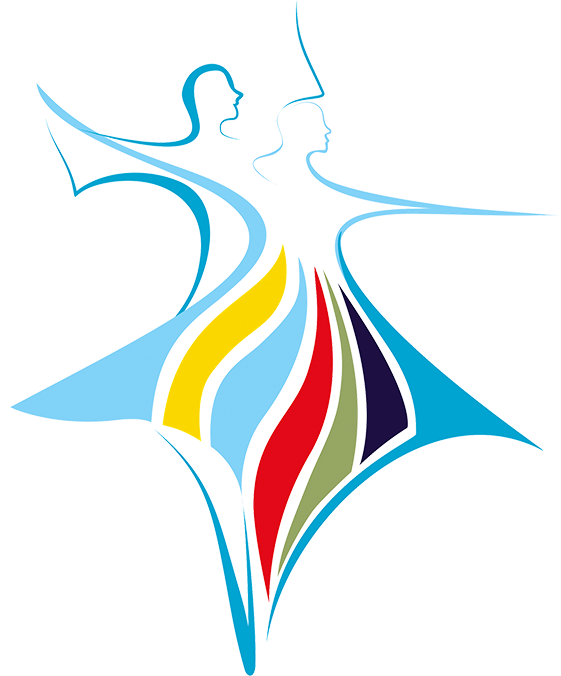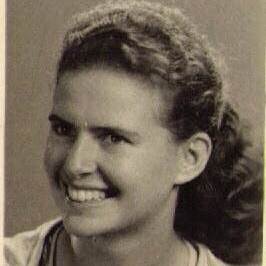- Home
- Rokdim Nirkoda 103
- From The Histadrut To Independence
From The Histadrut To Independence
From a Histadrut troupe to a private troupe
- Translation: Ruth Goodman
- Translation: Tzipi Shragai
In 1957, nationwide competitions were held for Israeli folk dancers, in advance of the Moscow Democratic Youth Festival. About 500 – 700 dancers came to the auditions, but behind the scenes, it was told that five couples had already been selected, without auditioning, from the main group of the Histadrut, under Yonatan Karmon‘s direction… and that they were looking for only five additional couples.
That was the first time I heard Karmon’s name. I passed the auditions and went on the trip which was a wonderful experience.
When I left the kibbutz, I joined HaLehaka HaMerkazit under Yonatan‘s direction. At the Dalia Dance Conference in 1958, I had two positions: one – as a dancer in his Lehaka and the other – as director and choreographer of Lehakat Yinon HaTeimanit.
For a long time, Yonatan was promised by those in charge at the Histadrut that the Lehaka under his direction would be representing Israel abroad and this did not happen. Yonatan decided to be independent and established the first Karmon Troupe – Lehakat Karmon!
Most of the dancers from HaLehaka HaMerkazit joined the new Lehaka and traveled to the United States. I did not go with the first ensemble, I preferred to study, but we remained in constant contact (including correspondence).
When I finished my studies, I joined Yonatan‘s Lehaka (I think it was the third ensemble, during the years 1960-1961). The beginning of the journey was in Greece with the first week in Athens. The press was initially full of praise and the halls were full, but then they were completely empty, and the producer announced that, much to her regret, she cannot host the Lehaka any longer…
The Lehaka had contracts signed elsewhere in Europe, on later dates, and was debating whether to return to Israel for a short time, or what?…
Having no choice, an agreement was made with the “Mediterranean Club” that the Lehaka would perform in the clubs – each club for a week, with one performance in each of the four clubs: in Cefalu and Palinuro in Italy, Aegon and Corfu in Greece. We had a crazy time.
The rest of the journey in Europe was very successful. In Paris I, with sorrow and joy, separated from the Lehaka before its departure to South Africa because I was called to train teachers at Seminar HaKibbutzim. Yonatan and I remained friends and corresponded for years. From a distance, and with love, I have been following the changing ensembles of Lehakat Karmon, and he was always happy and supportive of my professional transformations.
May his memory be a blessing.









Comments
התראות